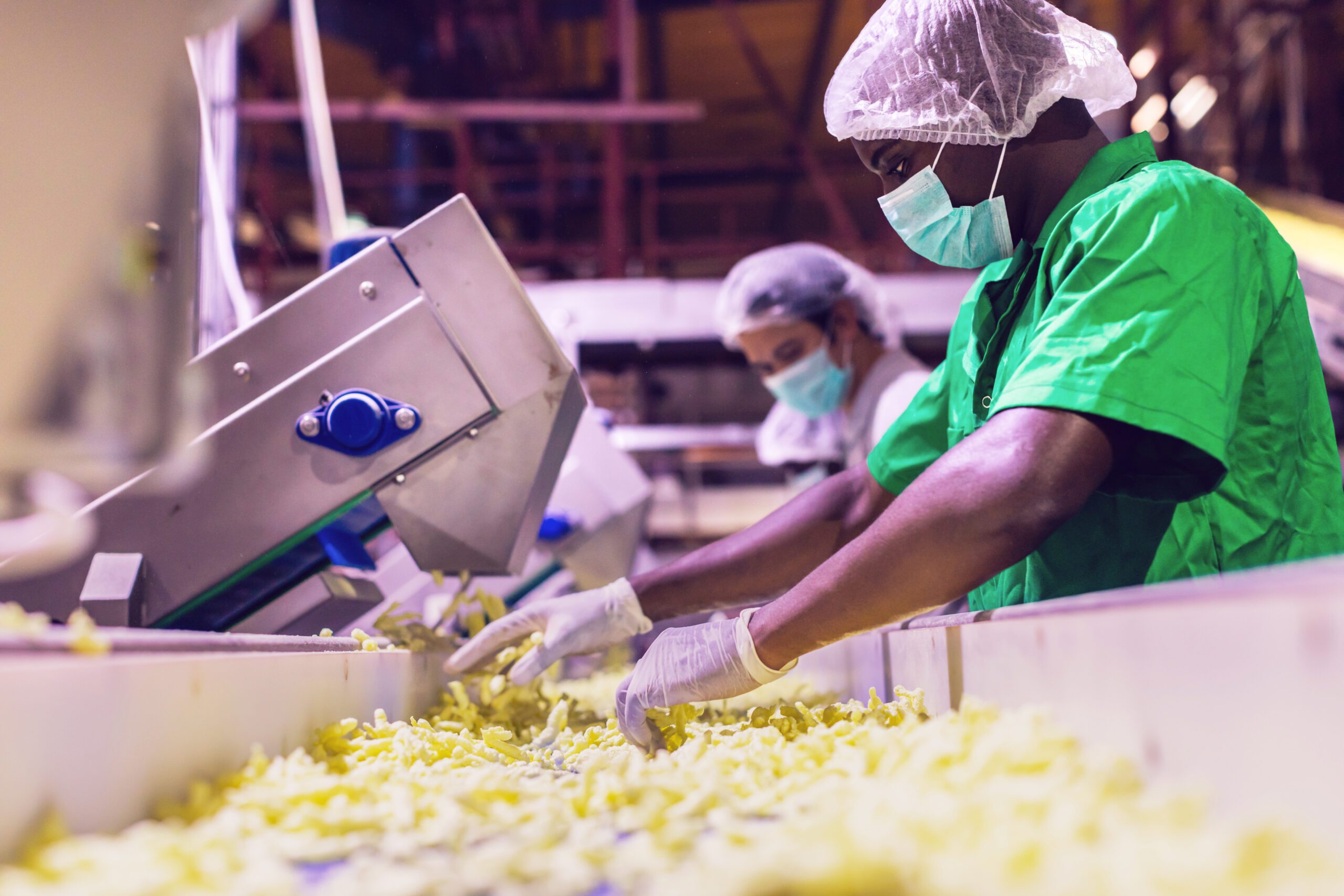Bio-Tropical Products Co. produces fresh and processed organic citrus products. The company...


Food processing is a significant driver of local economies, creating market linkages for millions of small-scale farmers and increasing rural incomes across African, Caribbean and Pacific countries.
Agro-processing can be defined as the post-harvest activities carried out for the preservation and preparation of raw material for final consumption or other purposes. Food preparation and processing can be defined as “any change that is made to a food to alter its eating quality or shelf life”. Processed food is defined as any raw agricultural commodity that has been subject to washing, cleaning, milling, cutting, chopping, heating, pasteurizing, blanching, cooking, canning, freezing, drying, dehydrating, mixing, packaging, or other procedures such as fermentation, fortification, etc.
The agro-processing industry plays a pivotal role in the agricultural supply chain by virtue of its upstream and downstream linkages, adds value to local products, boosts industry, creates jobs, and positions the agricultural sector at the top end of the value chain. As population and urbanization rates rapidly increase across developing countries , the demand for food is increasing, especially for processed food and ready-to-cook food, driven by urban markets (ACET 2021). The opportunities offered by export markets remain also attractive.
By processing agricultural products, farmers and small and medium-sized enterprises (SMEs) potentially add value to the product, increase their incomes, and reduce post-harvest losses. In Sub-Saharan Africa, food loss and waste due to poor harvesting practices, post-harvest losses, and inadequate packaging and processing account for about one-third of all food produced (GAIN 2020). In Latin America and the Caribbean, approximately 12 percent of food is lost from post-harvest up to, but excluding, the retail stage, which is slightly lower than the global average of 14 percent (FAO 2019).
To contribute to a more sustainable agrifood sector, the value chain actors need to innovate to minimize food production’s environmental impact, reduce food losses, and promote a circular economy, developing by-products from products that would have been wasted. Innovations include locally-developed technologies and the use of smart farming. The sustainability of the processing sector will entail developments in more eco-friendly packaging to minimize the use of plastic and pollution. The reduction of food waste along the chain is a priority, notably through improved processes and management systems, use of technologies, and storage equipment. Processing already significantly reduces food waste, but food processing and manufacturing are energy and water-intensive and need better management towards increased efficiency. Processing can source sustainable ingredients that comply with environmental and social standards.
It is critical to support and strengthen the linkages between smallholder farmers and food processors, strengthening direct relationships to access inputs, advice, and logistics that benefit them in terms of quality product and market opportunities for smallholder farmers.
Join our Forum to discuss and explore how to encourage innovations across agricultural value chains to transform food systems in African, Caribbean and Pacific countries and beyond, promote sustainable agriculture & leverage investments. Share insights, ask questions, and collaborate on innovative solutions for a greener future.

Bio-Tropical Products Co. produces fresh and processed organic citrus products. The company...

Jedengui processes and produces Guinean dried fruits. They presented at Innovation Session n°11.

Lycheeland produces 100% natural dried exotic fruits. They presented at Innovation Session n°10.
African Continental Free Trade Area : opportunities for businesses in the agrifood sector
Increased market opportunities through added-value and branded products